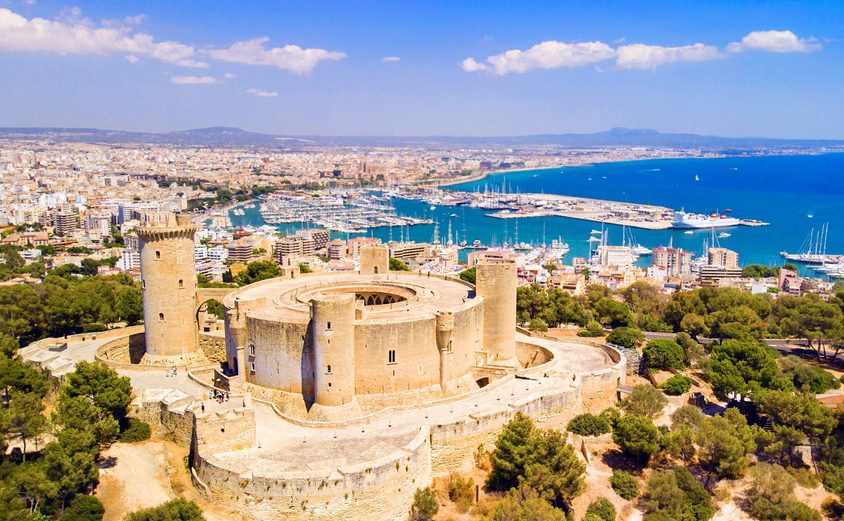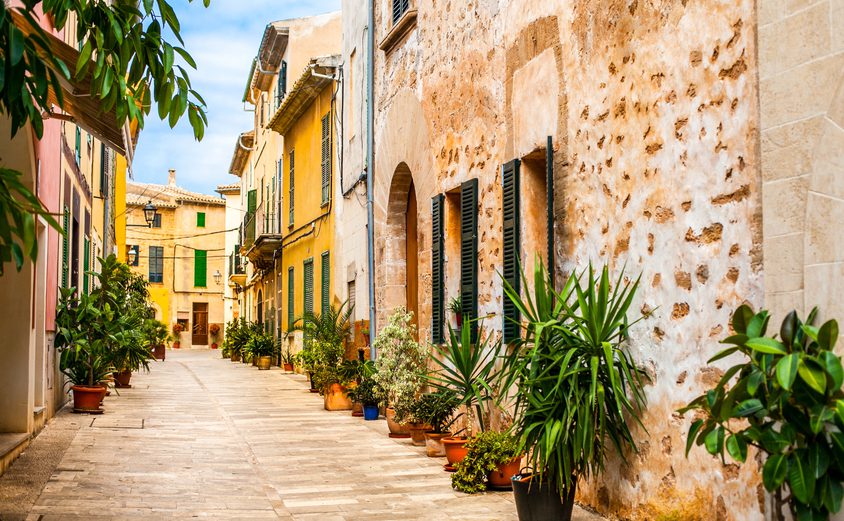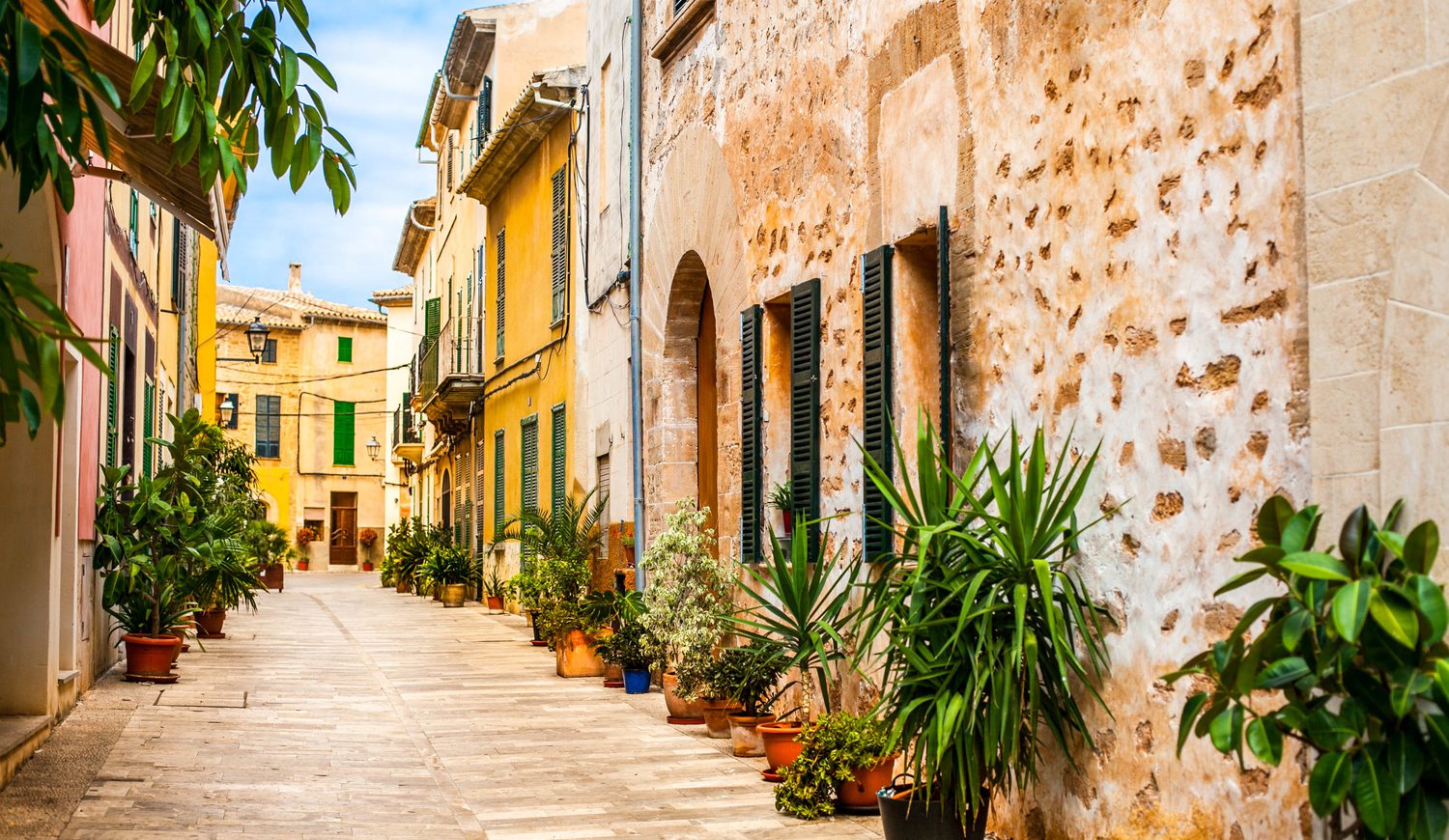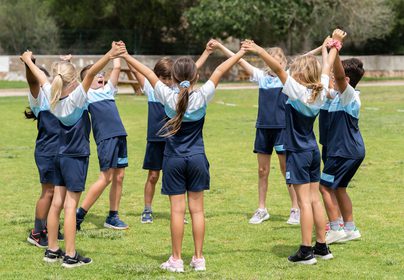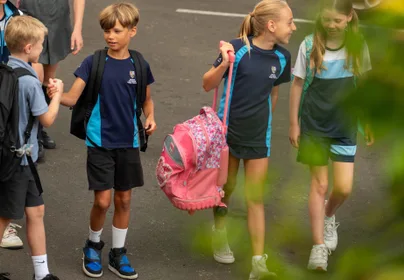Welcome to Mallorca and the opportunities that this move presents
If you are coming to the island with a family, one of your main concerns will be securing a place for your child in the right school. We hope the information below will help you in making the best choice for you and your child.
The needs we have as parents are many: we want our children to be safe, to be happy, to have friends, to do the right thing, to learn about themselves and the world around them, and to have the best possible future beyond childhood. In the end, however, many of us will settle for knowing that we, as parents, have made choices that ensured our children became successful and proud members of the community they are about to join.
The needs we have as parents are many: we want our children to be safe, to be happy, to have friends, to do the right thing, to learn about themselves and the world around them, and to have the best possible future beyond childhood.
Schools, as we well know, have a huge role to play in shaping our children and guiding them towards their future successes. Parents can often feel overwhelmed by the responsibility of the decision and fortunately Mallorca has a wealth of options to cater for the needs of all parents
With such a vast array of schools, it is important for parents to have a good understanding of what they are looking for in a school and also to ensure that the transition from their home country is smooth and seamless, enabling children to feel secure in their environment and confident in their learning. The best advice is to visit each school; meet the people who work there; talk to them about the hopes, fears and expectations you have for your children; and ask lots of questions about the school's core values and philosophy of learning.

Parents are well advised to focus these visits around 5 key areas;
- Your child's needs
- The school itself, its direction and the vision of the Principal
- The curriculum in place
- The quality of teaching staff
- The ethos and values of the school
It is essential parents ask questions to ensure that they are making the right choice for their children and avoid having to make changes mid-year. Good schools will be happy to offer this information often ahead of a visit and make information available to you during your visit. Parents will naturally have questions that are relevant to them and their children. Schools will be welcoming and keen to share with you their successes as well as their vision and ambitions for the future.
As parents, you will want to know what planned activities are in place to assist your child in a positive start to school. These can often be in the form of induction days or having a ‘buddy’ system in place for your child when joining. Also, do the students seem happy at school? It is important to have an understanding as to how the school measures progress and how often you will receive information on this. If your child has additional educational needs, how can the school meet these and what general levels of care and support are offered to students at the schools? Children need to be at the centre of all that a school does.
With many international schools on the island, some of which are new, whilst others have been in operation for over 60 years, it is not uncommon for parents to choose their school first and then decide where to live. Ask to speak to the Principal in person, find out their experience, their background, their beliefs and passion, their principles and values. Look beyond buildings and facilities to the heart of the school, which is driven by the Principal.
Longevity and an ability to continue delivering successful educational outcomes for students are areas that parents may wish to focus on; a good track record can reassure many parents that the chosen school can deliver on its promises. There are two main accreditation bodies for International British Schools in Spain, the National Association of British Schools in Spain (NABSS) and the Council of British International Schools (COBIS), this being a global association. Schools should display membership of these bodies and if asked, will have inspection reports readily available. These will also include relevant information as to site development and safeguarding features in place.
One of the first decisions a parent will have to make is whether you wish for your child to follow the British curriculum with future IGCSE and A Level examinations or choose a school that follows the IB programme. Both have merit and are recognised as valid university entry requirements, though the A Level does allow for students to specialise in their preferred or strongest subjects. Schools should publish their examination results, and these are a good indicator of student success.
Ask about Extra-Curricular and Co-Curricular Activities which are an excellent opportunity to enhance learning and can often be academic, creative and sporting. They also offer a means for students to discover new interests and develop existing skills.
Great teachers will be key in delivering the best education to your children; it is important that they are well-qualified, experienced and competent classroom practitioners. As parents you must be confident as to what the expectations for staff are regarding behaviour and conduct, as well as learning expectations.
Recruitment of staff in the international sector is not without its challenges, so it is important to ensure that all schools have undergone safeguarding checks on their teaching staff. This is a practise all schools should be following; schools with a large number of UK trained staff and with teachers joining the school from the UK and Ireland will be able to meet these requirements easily. It is important that during your visit you are able to see teachers in action in the classroom.
Find out what matters to the school - to the Principal and the staff. Ask what are the school’s values but, more importantly, how do they make these real and authentic, and how does the school develop children’s character.
International schools are also a community, as many of those attending will not have the support networks family and friends can provide in their home country. Many schools have Parent-Teacher associations or ‘Friends of’ networks that can enable you to become a partner in your child's learning and offer opportunities for you to contribute to the school by sharing your own skills, knowledge and time in support of the school and the community.
All schools are different; they have their own 'personalities', generating a particular feeling or atmosphere, which goes way beyond a simple analysis of the curriculum offered, number and range of sports teams or examination success. These factors are, of course, important, but there is often more to making the decision. This is why visits, trial days or attending an open day will allow you to make an informed choice as to what is best for you and your family.
We wish you every success in your choice of school and hope your time in Mallorca is one of great pleasure and fulfilment.


